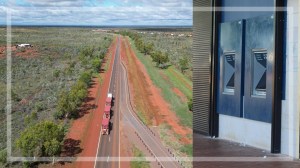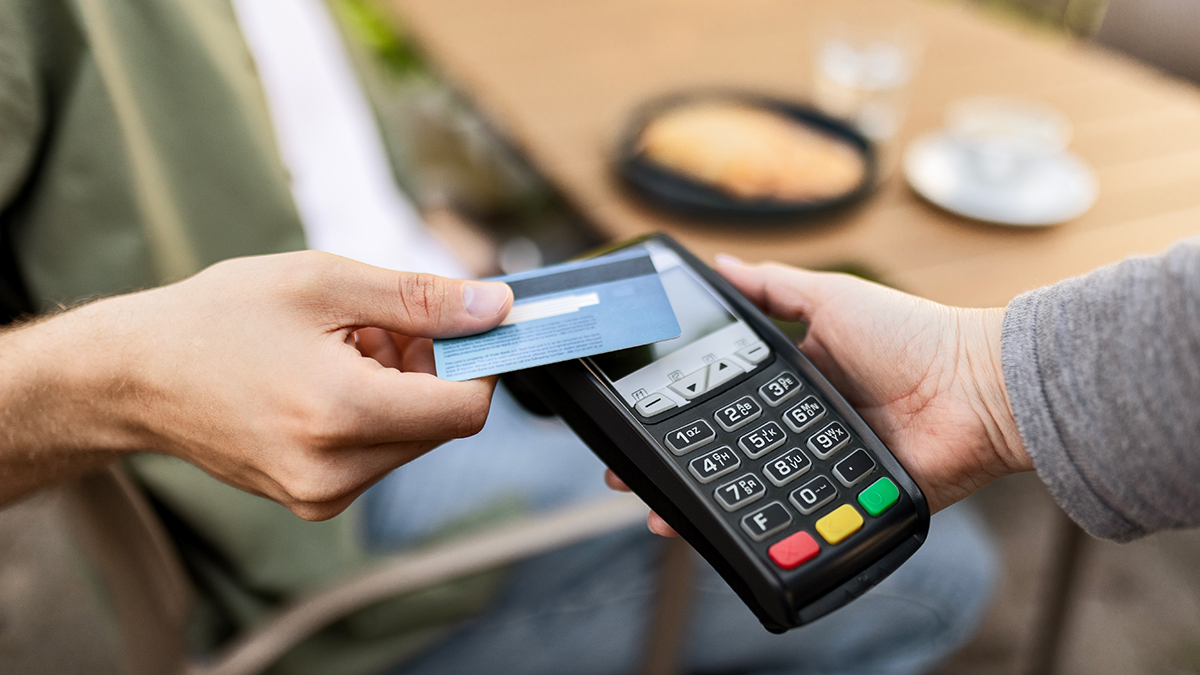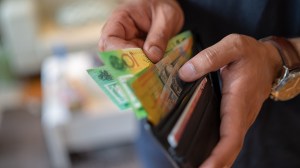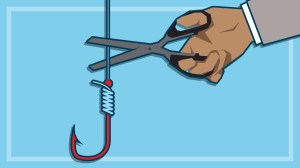
Sneaky card surcharges hitting two-thirds of Australians’ pockets
Fact-checked
Fact-checked
Checked for accuracy by our qualified fact-checkers and verifiers. Find out more about fact-checking at CHOICE

If you’ve ever paid by debit card at a shop or a restaurant only to later find out that a surcharge of a few percent has been added to your bill without your knowledge, you are far from alone.
New nationally representative survey data from CHOICE has found that two in three people (66%) have often experienced businesses adding on a debit card surcharge without telling them.
The survey of more than 1000 consumers conducted in September 2024 also found that 68% of people didn’t expect to pay more when paying via debit card.
Extra, needless expenses are the last thing people need during a cost-of-living crisis
CHOICE head of policy Tom Abourizk
“Extra, needless expenses are the last thing people need during a cost-of-living crisis. Paying with your own money, whether it be by debit card or cash, should not come at a cost. We need to change the surcharging rules to stop major companies in the payments sector gouging both consumers and small businesses through card surcharges,” CHOICE head of policy Tom Abourizk says.
“People should be able to trust that the price advertised is the price they’ll pay at the checkout. Our research shows that surcharges often catch consumers off guard, and almost nine in 10 Australians think that businesses should be required to disclose surcharge amounts,” says Abourizk.
Debit card surcharge ban in the works
In October, the federal government announced it was ‘prepared to’ ban the practice of debit card surcharging.
“Consumers shouldn’t be punished for using cards or digital payments, and at the same time, small businesses shouldn’t have to pay hefty fees just to get paid themselves,” Treasurer Jim Chalmers said at the time.
“We’re prepared to ban debit card surcharges, subject to further work by the Reserve Bank and safeguards to ensure small businesses and consumers can both benefit from lower costs.”
CHOICE is campaigning to make sure the proposed ban comes to fruition
Abourizk says payment technology improvements are not benefiting customers or small businesses.
Consumers shouldn’t be punished for using cards or digital payments, and at the same time, small businesses shouldn’t have to pay hefty fees
Treasurer Jim Chalmers
“Card surcharges are becoming increasingly common at the same time that ATMs and bank branches are fewer and far between, making it harder to access cash,” says Abourizk.
CHOICE will be making a submission to the Reserve Bank of Australia’s current inquiry into card surcharges and the costs that businesses incur to accept card payments. Frustrations with card surcharge fees have become an increasingly common issue raised by CHOICE members and supporters.
We are also calling for the Australian Competition and Consumer Commission and state and territory regulators to monitor compliance with existing laws, which already prohibit excessive surcharges, imposing a surcharge where no free payment option exists, and failing to be transparent about surcharges.
Related




